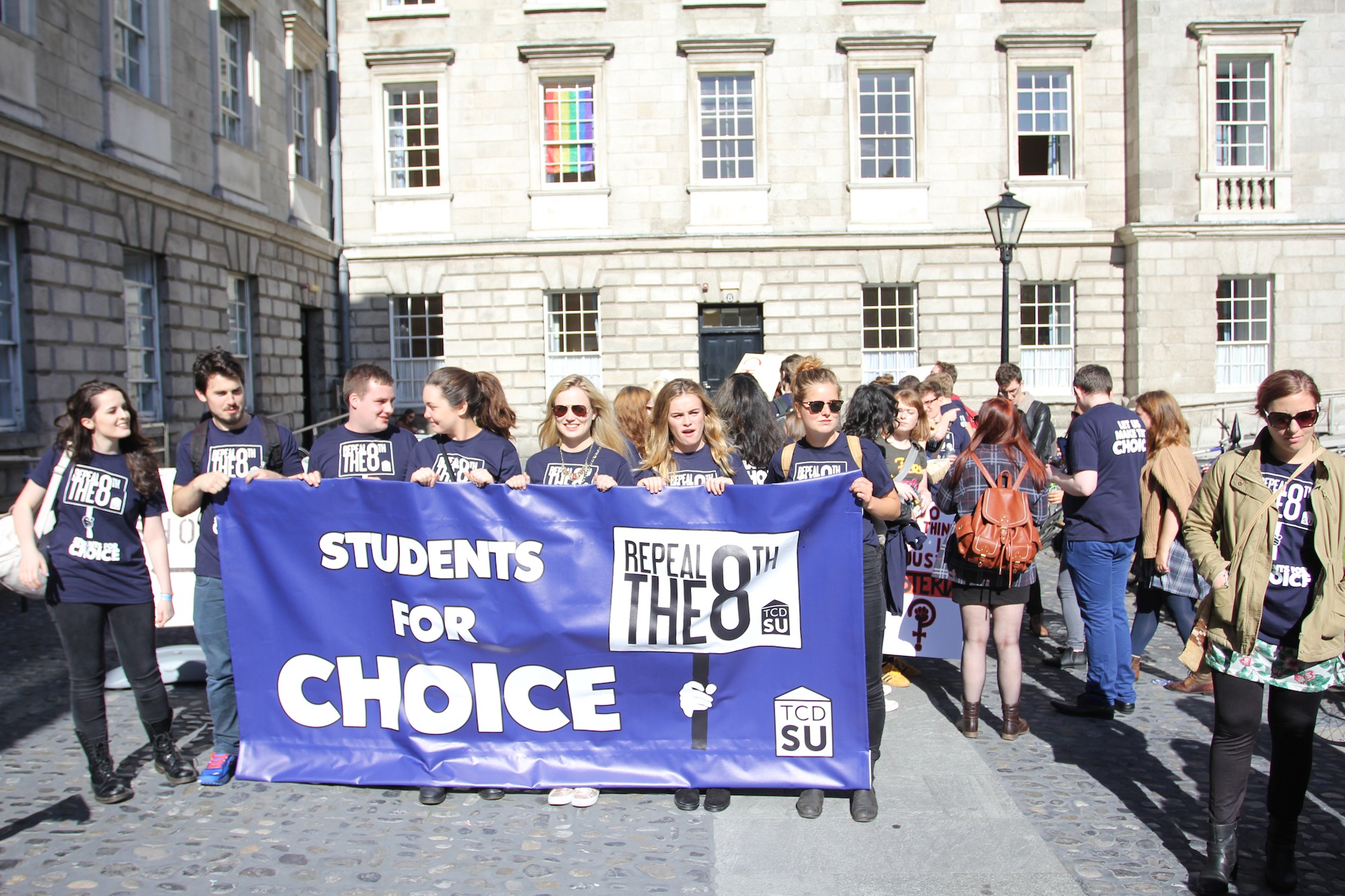
Important issues surfaced during the question and answer session including abortion and the lack of social investment by the present government. On the issue of abortion, Vardkar noted that, as a doctor, what he found perplexing about current abortion legislation is its focus on cases where the life of the mother is in danger and does not take into account cases where the “long term health of the mother” could be seriously affected and recognized this as a deficiency in the law. This is a position held by other Irish medical professionals including Trinity professor Dr Veronica O’Keane who, speaking to trinity news with regard to an Amnesty International letter she signed alongside Dr Peter Boylan of the National Maternity Hospital last month, argued that hypocrisy in abortion legislation in Ireland leads to confusion as “only certain situations apply.” Dr Varadkar has previously described himself as “pro-life” and has noted his objection to a referendum on repealing the eighth amendment, reported in the Irish Times as saying “For all its flaws, we have the eighth amendment. I do think there should be a right to life of some sort in the constitution but not as it is now.”
In response to a question on whether this government has concentrated more on economic problems than social problems, such as housing shortage in Dublin and rising homelessness, Varadkar argued that the economy was important and relegated dealing with social problems to being dealt with in a second term of office, if a fine gael government is re-elected. Dr Varadkar was unrepentant; “I think the obvious answer is, yes, because we had to. The country was on the verge of bankruptcy and there’s very little we can do about social problems or infrastructure if you don’t have government finance.” Dr Varadkar noted that what attracted him to the fine gael party was their tendency to “spend wisely” and that they were “probably the party that was most likely to do the right thing.”
Describing his experience as a cabinet minister, Dr Varadkar pointed to popular political comedies “yes minister” and “the thick of it”, which satirise the ineptitude of British ministers and MP’s. Varadkar described his relationship with Taoiseach Enda Kenny as “CEO, boss type”, noting that many of the ministers in government such as Michael Noonan, minister for finance, “have known Enda Kenny longer than most people in this room have been alive.” Varadkar also described Kenny’s management style as hands off. “He gives you a brief and you’re very much expected to go and get it done essentially.”
On the marriage equality campaign, Dr Varadkar described it as “more of a phenomenon than a referendum”, being especially taken aback on doorsteps by older voters in the 40-70 range who “were pressurized by their kids…and usually it’s so different with people in their 40’s and 50’s saying, you know, ‘I tried to get them out to vote but they’re just not interested in politics’ and this was just a total reversal.” Enthusiasm was certainly exceptional when one compares the 60.5% turnout in the marriage equality referendum to the 30.5% turnout in Ireland’s last social policy referendum in 2012. Varadkar lauded the participation of young people as “particularly remarkable” but also noted that the phenomenon was not likely to be repeated, stating that the referendum represented a “special, once in a generation opportunity.”






